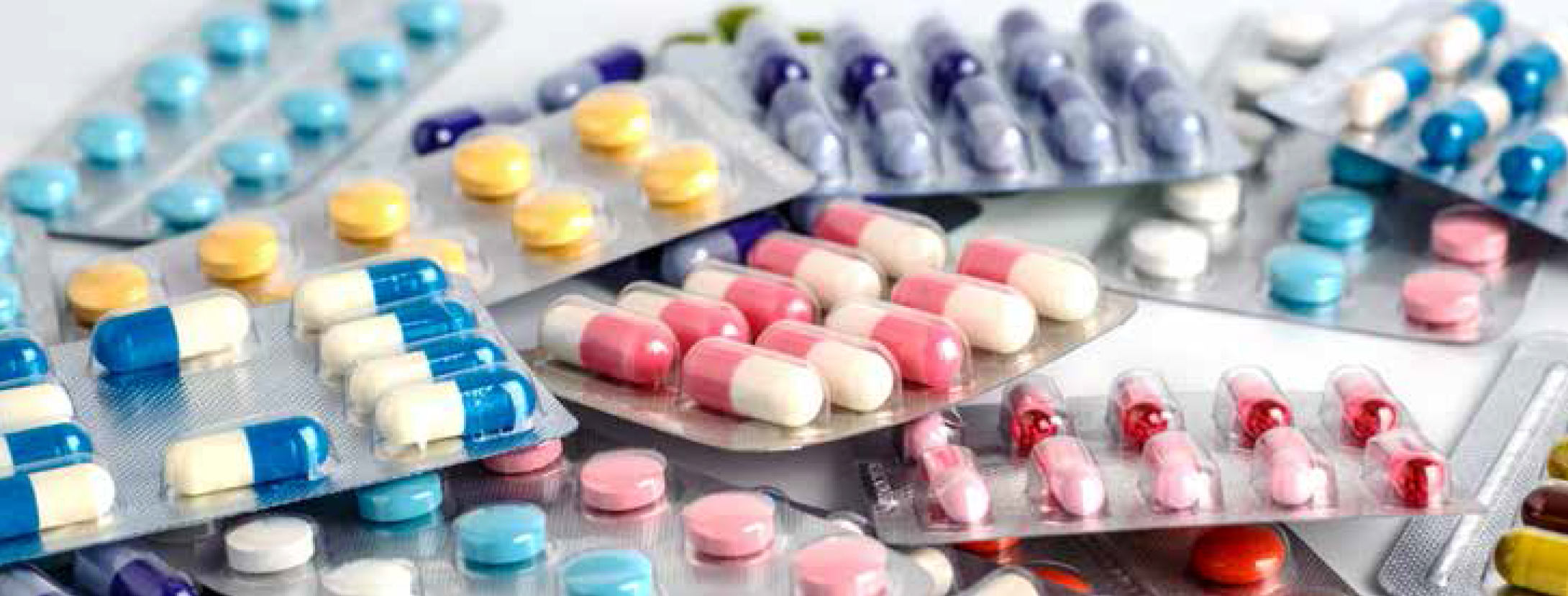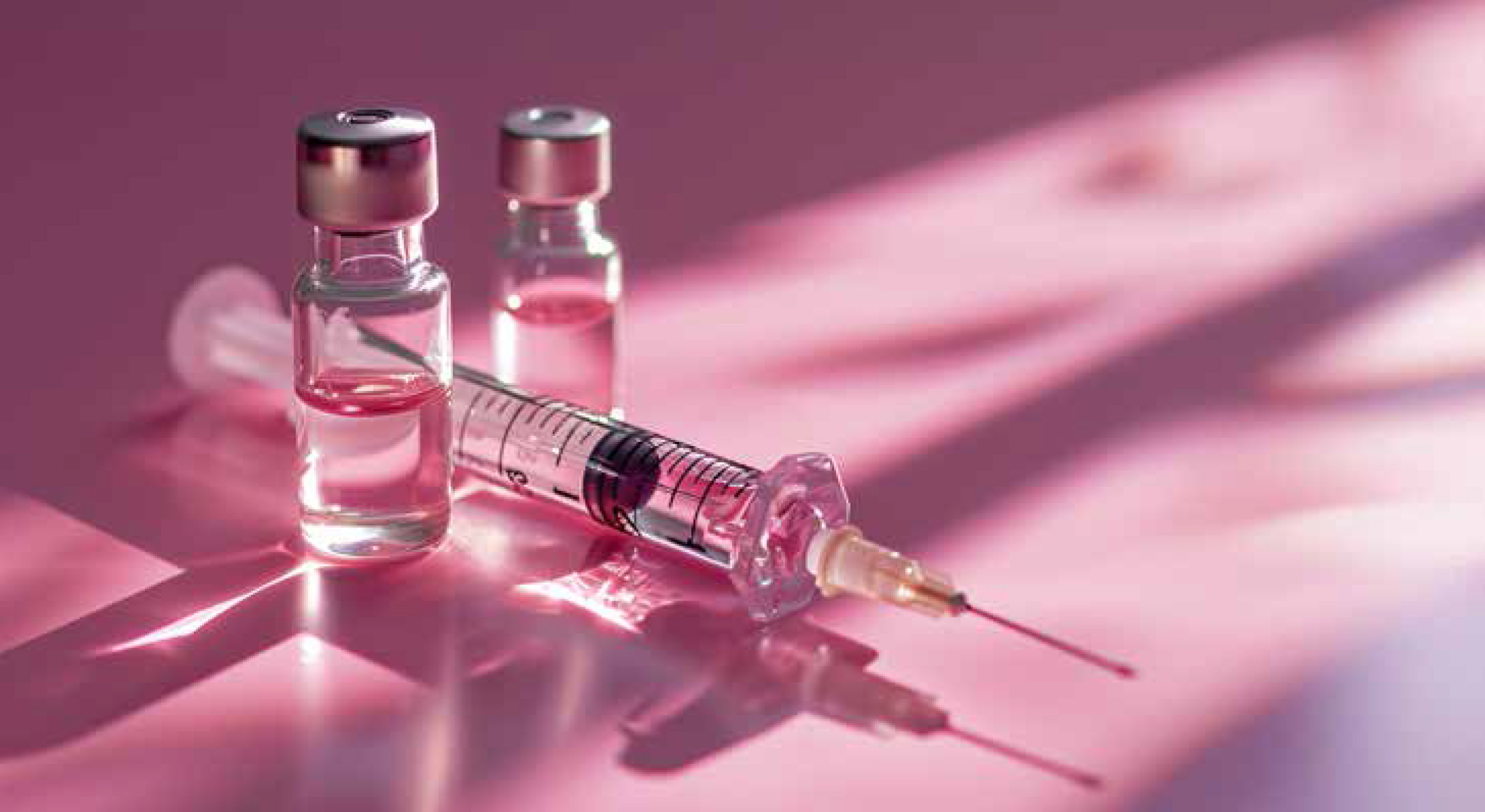

As the development of the cosmetic licensing scheme progresses, the JCCP continues to engage with stakeholders and with the Government to advise and inform the direction of travel. The JCCP Clinical Advisory Group is currently engaged in a number of projects designed to assist this development, all of which arise from the numerous complaints we receive and from the subsequent investigations undertaken by the relevant regulator, often the local authority environmental health team. All projects take the JCCP's concerns around patient safety and public health as their primary focus. In many respects, these projects are closely related or interlinked. Including, for example, supervision requirements for ‘Amber’ procedures such as injectable botulinum toxins and dermal fillers, restricting the supply of dermal fillers, remote prescribing and safe and ethical product procurement. The safe, ethical and legitimate procurement of all types of products used in cosmetic procedures forms the basis of this article.
Inappropriate product supply and use is amongst the most common complaints received by the JCCP. Likely reasons for patients and practitioners obtaining products outside of authorised supply routes are twofold; products tend to be cheaper, and prescription-only medicines can be obtained without a prescription. The JCCP has seen an increase in demand of the use of illicit procurement routes in recent years that appears to have driven the illicit supply market. We note the MHRA's recent high-profile prosecutions of suppliers, particularly relating to weight loss injections, unlicensed botulinum toxins and dermal fillers. However, we also find that black market suppliers are often difficult to identify and isolate so that they avoid investigation and prosecution. It is relevant to note therefore, that any efforts found to be effective in reducing this supply route by limiting demand, will also drive down the illegal supply of these products.
» Inappropriate product supply and use is amongst the most common complaints received by the JCCP «
For the purposes of this article, ‘illicit products’ refers to those that may be fake or counterfeit, but also legitimate products procured from illicit sources, which as a result lack the assurance and confidence they should demand. In either instance, the choice of the source of product procurement presents the greatest risk. Many of the products used in cosmetic procedures, including both medicines and medical devices, are regulated by the MHRA. Their system of regulation ensures that the standards associated with these products, from their initial testing and authorisation through global supply chain distribution to post market surveillance, are robust and effective in helping to safeguard public health. The JCCP recognises that any action which deviates from this regulated process has the effect of undermining patient safety and product integrity and, in so doing, presents a significant challenge to public safety.
Where a product manufacturer exists outside of the UK, they are required to have in place a ‘UK responsible person’ (RP) who is accountable to the MHRA for all aspects of their activity. This individual (or organisation) will usually authorise certain distributors to assist in onward supply of their products to the end user. These distributors are usually authorised on the basis of a confirmation that they meet the RP's standards.
This robust process helps ensure that:
- Products are supplied appropriately and only to those entitled to use them
- Products are legitimate, not fake or counterfeit, and include the required labelling and product information
- The product is subject to quality assurance with integrity maintained through appropriate storage and transport along the supply chain
- The manufacturer or RP is responsive to post-market surveillance, including adverse incident reports, field safety notices and product recalls.
This process represents a cornerstone of public safety, and its comprehensive adoption is key to the effective implementation of a framework of licensing.
In the context of medicinal products, the process is more complex, requiring an appropriate MHRA license such as a Wholesale Dealers or Manufacturer's license. Nevertheless, the same overarching principles apply, including requirements for responsible persons amongst others. For the cosmetic sector, the implications here relate only to the procurement of medicines by doctors and dentists and HIS nurses who are entitled to procure them directly from a wholesale dealer or a manufacturer without a named person prescription. All other individuals must procure medicines from a UK registered pharmacy on a named patient basis, and this article therefore adopts and supports this generic approach to ‘authorised supply routes’ described above.
Much activity in the cosmetic sector is characterised by a lack of appropriate professional oversight with practitioners increasingly encouraged to engage in risktaking behaviours. A review of procurement and supply of medicines and medical devices would not be complete without reference to the responsibilities of those, in many instances, prescribing these products. The JCCP recognises that the standards commonly seen in relation to prescribing are lacking, and we consider it a substantial part of our activity to advise in this regard. Therefore, we deal with this area of concern as a separate agenda. The role of the local authority Environmental Health Officer, as part of issuing a license or investigating concerns about a license holder, should provide this oversight.
»‘Illicit products’ refers to those that may be fake or counterfeit, but also legitimate products procured from illicit sources, which as a result lack the assurance and confidence they should demand «

All regulated healthcare practitioners (RHP) are required to source legitimate products from within regulated frameworks when using them for the cosmetic procedures they provide. There is no suggestion in this article that this group should change their practice, although further consideration might be given to this aspect of practice in relation to those that they prescribe, delegate and supervise procedures for. Nevertheless, the JCCP would recommend that the opportunity for nurses and others to refresh their understanding of authorised supply routes and to reflect on their current practice would be one well taken. This is particularly the case given the potential for oversight by local authority environmental health and the likely requirements for, for instance, audit that may be required in licensing regulation to demonstrate compliance.
Inappropriately sourced products not only present a real risk to patient safety, but the activity can compromise a practitioner's reputation and risk professional censure. Some supply routes are clear, secure and provide confidence to both the practitioner and their patient, but others become more complex and add risk. The latter is typically associated with a desire for cheaper products in order to cut costs, which is the hallmark of all commercial activity. This article therefore suggests that any cost cutting exercise in relation to product sourcing must have its limitations and must be associated with the relevant due diligence to ensure and demonstrate legitimate procurement activity.
Some product sources are clearly inappropriate. These include products obtained from international websites, from social media advertising and directly from friends. Products that enter the UK market through such routes may be fake or counterfeit, and where they are genuine, their integrity cannot be confirmed in the absence of validated transport and storage systems. Further to this, they can compromise the regulatory framework that responds to product safety concerns because of the introduction of various ‘unknowns’, and because traceability becomes a challenge. Other sources are more easily identifiable as legitimate. The premium, ethically focused manufacturers in the UK, including Allergan (Abbie Vie), Galderma, Merz and Teoxane may supply their products directly. They also authorise a limited number of distributors who they assess to meet their standards, including for example, Church Pharmacy, Healthxchange and Med Fx. For further examples, Ibsa products (Profhilo) can and should be obtained from HA-Derma or one of their authorised distributors and, more recently, Evolus authorise limited distribution, including Wigmore Pharmacy. These are evidently authorised supply routes. As a cosmetic practitioner you are likely aware however, that all of these products are available from alternative suppliers including both wholesalers and pharmacies. On occasion we see products of questionable origin, particularly where packaging and pack leaflets are written in other languages, with no information written in English being supplied, suggesting that the products were not originally intended for the UK market. Such products are frequently obtained by the supplier through ‘parallel import’, a process that bypasses the authorised UK supplier.
The products may or may not be legitimate, but in any event, they represent additional risk, and the JCCP advise that a higher level of scrutiny is required to confirm legitimacy in these circumstances.
If there is any uncertainty, you should confirm with the manufacturer, or their UK representative, if the product supplier you intend to purchase from is legitimate. If a medical device is one that you are not familiar with, you should confirm that it may legitimately be supplied to the UK market by contacting the MHRA or by using the MHRA's Public Access Registration Database (PARD (mhra.gov.uk). If you receive a medicine or a medical device that you suspect may be fake or counterfeit, lacks integrity or you otherwise have doubts about it, you must not use it and you must report it to the manufacturer and the MHRA through the Yellow Card Scheme (Yellow Card | Making medicines and medical devices safer (mhra.gov.uk).
For both medicines and medical devices that lack the appropriate UK license or registration, there can be no assurance that these products meet acceptable standards of efficacy, safety and quality. The JCCP intend to produce further guidance to assist practitioners and to educate members of the public in identifying safe, legitimate products and their procurement through authorised and regulated processes.
Purchasing products: key points
- You should not: purchase products from social media sources, international websites or borrow from friends.
- You should prioritise: purchasing your products from authorised suppliers, including the UK manufacturer or their nominated distributor.
- You should: take additional measures to confirm both the vendor and the product is legitimate if purchasing through other or unfamiliar sources.
Please always report illicit products or vendors to the MHRA.



